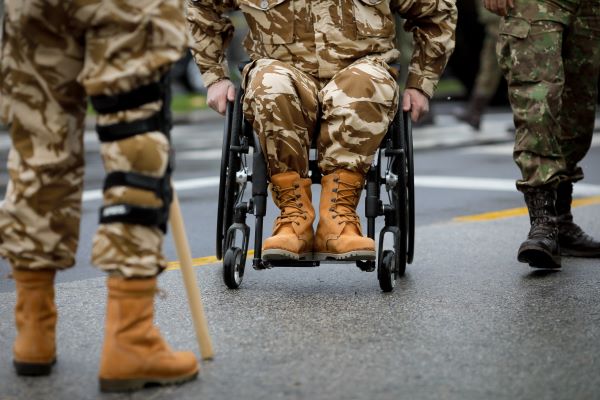How to Manage Someone Else’s Social Security or Veteran’s Benefits
In order to help Roberto manage his Social Security benefits, you have been assigned to assist him. In the Social Security system, you’ll be called Roberto’s “representative payee.” The situation is similar if you’re appointed to help your elderly father,…




